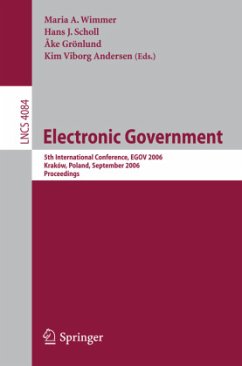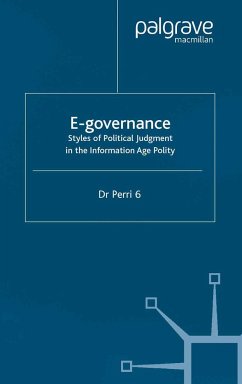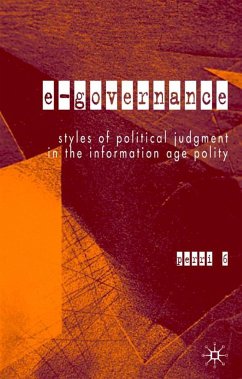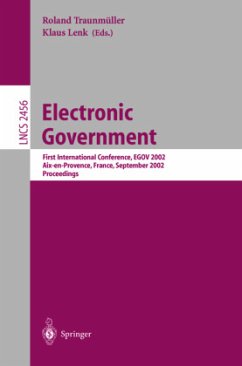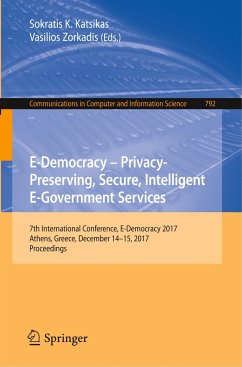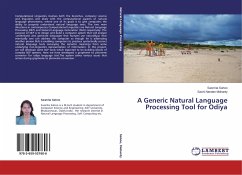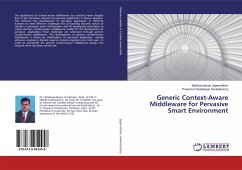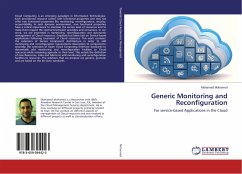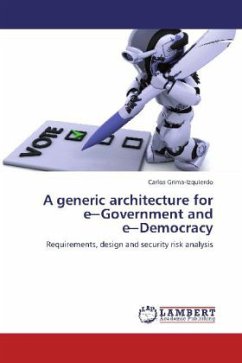
A generic architecture for e Government and e Democracy
Requirements, design and security risk analysis
Versandkostenfrei!
Versandfertig in 6-10 Tagen
52,99 €
inkl. MwSt.

PAYBACK Punkte
26 °P sammeln!
Is online electronic vote (e Voting), using Internet, secure enough? Could someone view or change my vote? If I pay my taxes online, could my financial information be compromised? How can I ensure that a hostile government does not commit fraud? Is it possible to design a generic, extensible, scalable, reusable and highly secure software architecture to develop an e Government system? Is the direct democracy through Internet (e Democracy) realistic? This book, the author s PhD thesis, tries to solve all these questions. Using UML, it proposes an architecture to implement any e Government, for ...
Is online electronic vote (e Voting), using Internet, secure enough? Could someone view or change my vote? If I pay my taxes online, could my financial information be compromised? How can I ensure that a hostile government does not commit fraud? Is it possible to design a generic, extensible, scalable, reusable and highly secure software architecture to develop an e Government system? Is the direct democracy through Internet (e Democracy) realistic? This book, the author s PhD thesis, tries to solve all these questions. Using UML, it proposes an architecture to implement any e Government, for any country at any level (local, national, supranational...), and with any political and administrative layout. It includes both administrative (eg: paying taxes) and decision-making procedures (eg: voting), and there are no paper-based traditional processes. This book also finds and catalogues all typical security problems in e Government and e Democracy, researching solutions for all of them. Finally, the author proposes a qualitative and quantitative analysis framework, in order to measure the probability and cost of solving a given problem, its probability of occurrence, and its impact.



